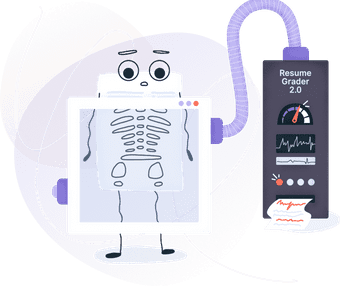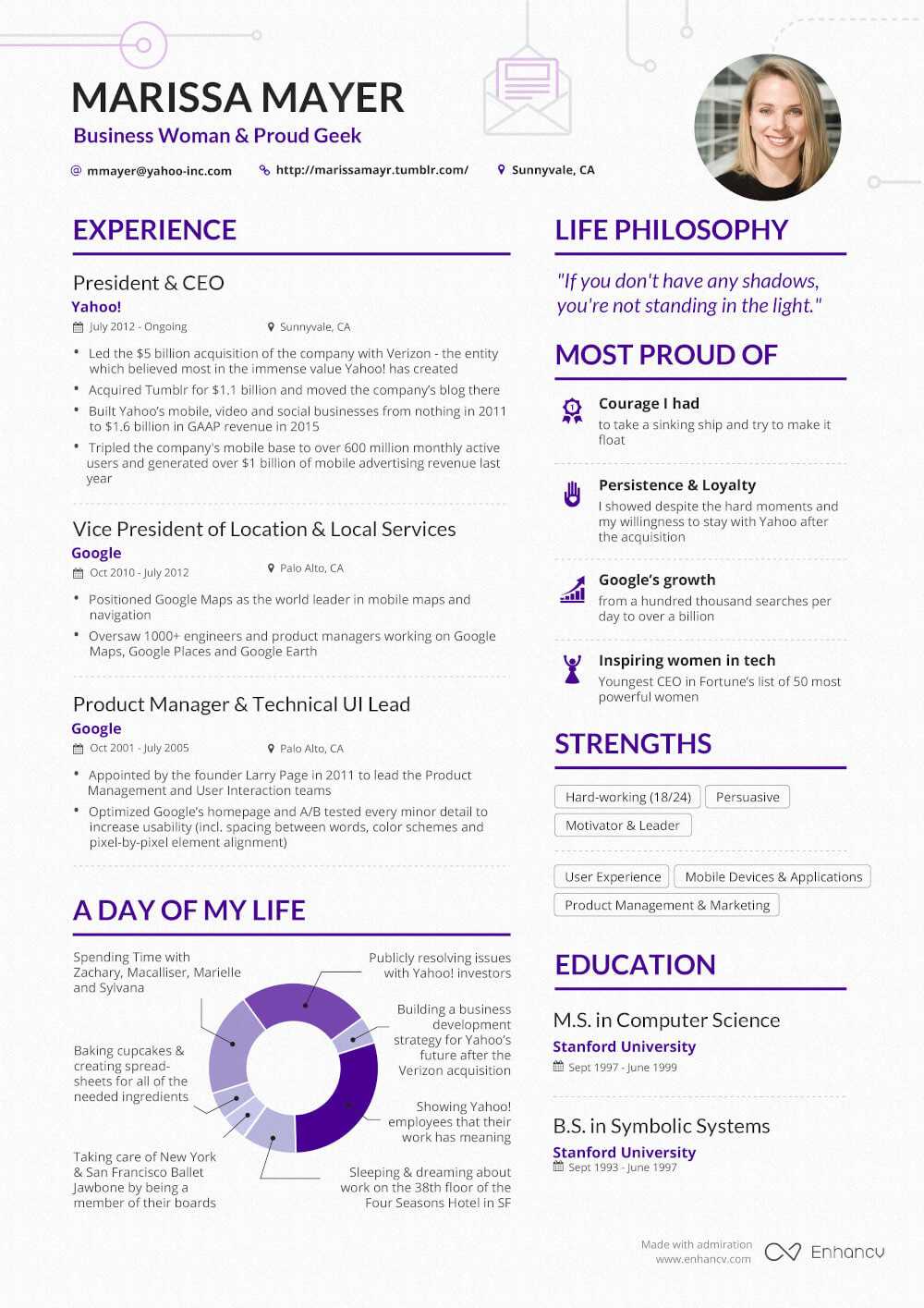Team Leadership Skills
What are team leadership skills?
A question like “What constitutes a good team leader?” usually offers more than one answer. Being a good team leader means having great communication skills, being a good listener and a mediator, delegating and trusting people, as well as showing confidence, knowledge, and inspiration.
Employees often describe their favorite team leaders with qualities such as consistency, organization, empathy, and vision. Having subject knowledge is important, but caring for people, mentoring, and conflict solving, are the traits that set apart stellar team leaders.
t’s a common misconception that leaders are the superheroes who know it all, always standing in the spotlight. Rather, it’s more helpful to think that good team leaders are people who are brave and considerate - not afraid to try and fail, taking responsibility for that. They are people who don’t have all the answers and are willing to say it out loud, but still search for the right answers. Also, good team leaders help each and every team member shine by knowing their strong suits.
How is showing you’re a good team leader useful for your job hunt?
Being a team leader has little to do with your job title. “Leader” is not just a formal title but also essential roles in each team.
Let’s consider scenario #1 - you may either be applying for an operational, a specialist, an expert job or your future job title might not explicitly say “leader”, “manager”, or “chief operations officer”. Besides that, having leadership skills would still be extremely attractive displayed on your resume. Exerting a certain set of leadership skills could be beneficial for your career and for your growth. It could be very useful in building good relationships and group dynamics within the team you’re working with. In addition, it could also be beneficial in putting you out there in the eyes of your managers when it’s time for promotion.
On the other hand, if you’re after a people managing position, then you already know the importance of leadership skills for your work success, growth, and satisfaction. Forming an effective team is an art on its own and its components are motivation, support, understanding, and focus - on the tasks, on the people both as a team, and as individuals.
The question then is, if team leadership consists of so many integral parts, how to best describe and showcase your experience on your resume? Let’s dive in.
What skills and qualities help you highlight your team leadership skills?
Similar to most soft skills, the best way to prove you have a certain skillset is to disintegrate it into its constituent parts and then provide examples for each of them. In this way, you are not only specific and detailed, but also show your definition and understanding of the skill.
You can usually tell someone is a good leader by exerting the following:
- Communication and listening -- good communication skills are the platforms upon which we all build our lives, both professional and personal. Being able to listen actively, ask nonjudgmental questions, seek to understand, and speak with empathy are key if you want to be viewed as a true leader.
- Mediation and problem-solving -- being in the position of the team leader, you often need to juggle different people’s interests. Being able to balance between various points of view and not take sides but rather try to listen and proactively offer solutions, are qualities that help build confidence and in your skills and persona, and a sense of openness in your team members.
- Consistency, discipline, and vision -- consistency leads to trust which then leads to open sharing and being able to move forward and progress. Discipline is the fuel on the path of that progress and success. Vision is the goal at the end of the path, but also the reason for stepping on the road in the first place. Good leaders combine all of that.
How to demonstrate team leadership skills on your resume
- Think of instances when you took the initiative and united the team around an idea of yours that lead to success
- Describe a time when you helped resolve a team conflict or deescalate a situation
- Give examples of innovative ideas or approaches that took your team efforts to the next level
- Mention situations when you were able to listen actively, motivate, and provide support to your team members
- Explain the relation between consistency, discipline, and trust by providing an example of your experience
- Talk about a difficult situation that you were able to overcome by exerting original thinking and mediation
Saying things such as “I’m a good leader who has managed a team of 4 people” sounds impressive, but managing people does not directly imply how and why that makes you a good leader.
To make this statement believable and persuasive, you need to go into detail and support it with examples.
Try to dig deeper by pondering the following questions:
- What exactly did you achieve when you managed this team?
- Did you take any specific classes or receive any certifications or coaching on being a leader?
- What did your team members say about working with you?
- What did you learn from that experience?
To help you describe your own experience, here are some real life examples from other Enhancv users’ resumes
Get inspired to craft and enhance your own resume.
Example 1: Show team leadership skills in your experience
Job Situation: Product manager applying for the role of Director of Product Management
Do you notice what will tip the scales in this candidate's favor? That's right - achievements, instead of a responsibilities list.
They quoted their measurable results, such as "increasing penetration of customer base to 85%".
This example implies their agility, focus, and consistency.
By developing and managing goals, objectives and procedures, this Product Managers shows good vision and discipline - other important leadership skills.
They also were able to collaborate with different stakeholders and take into consideration their collective interests - a good example of mediation and problem-solving. The use of active verbs in the description such as “promoted” and “developed” shows proactiveness and focus.
We can see here that even though leadership skills are not explicitly stated in the experience section, they are well represented and implied.
Example 2: Resume summary
Job Situation: Software developer with 4 years of experience applying for the role of Technical Team Lead
In those 3 short sentences, we get the idea that this Software Engineer has an affinity for tech and teamwork. They speak of collaboration, valuing teamwork, and approaching both tech and communication challenges with a people-first motto.
This summary definitely states the intention of the IT professional to move from a more tech to a more people position like a Team Lead.
Example 3: Key achievements
Job Situation: Finance Manager outlines his achievements
A great way to combine both your experience and your strengths is to use the Achievements section. In this example we can see that this Financial Manager is proactive, team-oriented, social, collaborative, and proactive - all good team leadership qualities that cannot be missed by an experienced recruiter’s eye.
Example 4: Volunteering and courses
Job Situation: Graphic Designer describes his volunteering experience
Job Situation: HR Specialist describes her extracurricular activities and additional courses
Those are two examples for two very different roles but what they both outline is the will to improve oneself and the others, to think collectively for the greater good and team spirit, to pass on knowledge and skills to others, to think and act in alignment.
Since both volunteering and extracurricular courses are ignited by will for improvement and motivation for learning and helping more, they show discipline and vision.
Team Leadership Skills on Resume Takeaways
- Think of examples of teams you’ve managed - they could be on the job, in college, or hackathons. Don’t forget to mention their size and any notable accomplishments.
- Illustrate your ability to problem-solve and develop procedures or policies
- Demonstrate your ability to come up with ideas that you follow through with discipline and commitment - by you and your team
- Share occasions when you’ve identified co-workers strong suits and delegated tasks accordingly
- Show how you communicate and mediate so that each team member feels heard, included and understands their role in achieving team goals




